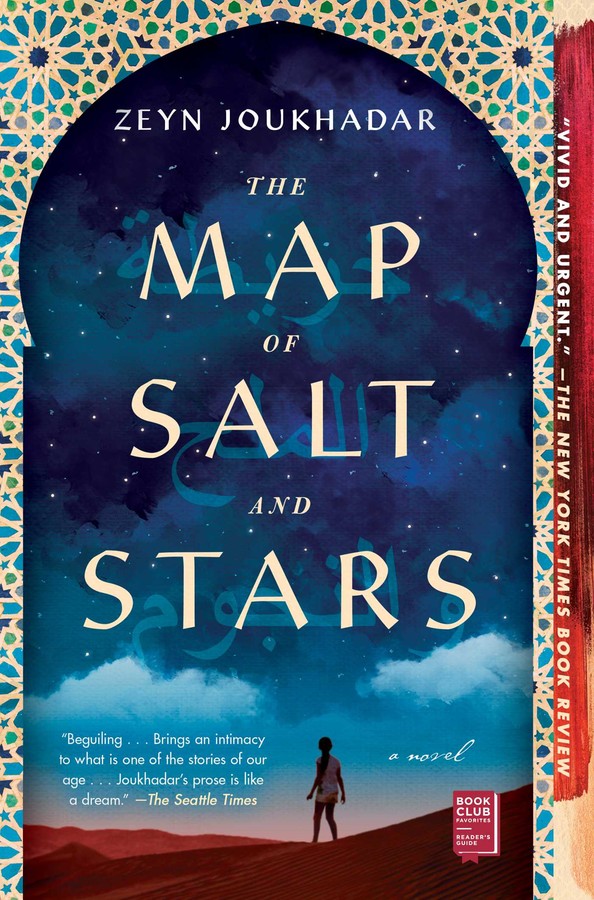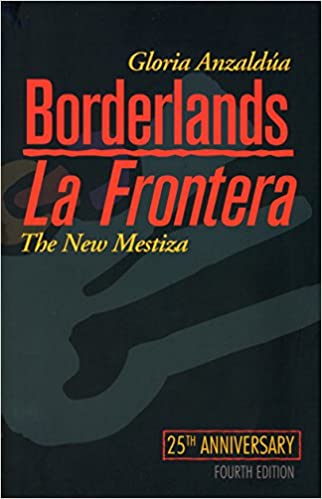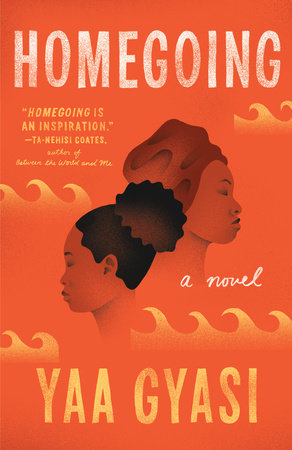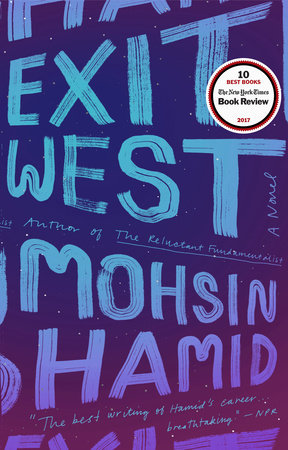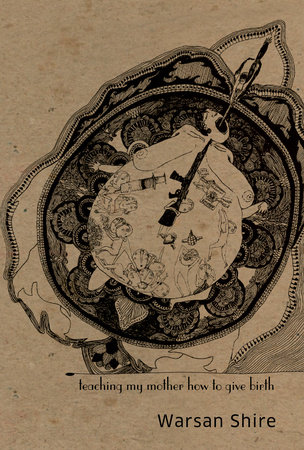Through grade school, my English classes were dominated by books written by dead white men. As I read through syllabi that heavily featured the plays of William Shakespeare as well as “classics” such as Great Expectations by Charles Dickens and The Scarlet Letter by Nathaniel Hawthorne, these were the type of works I came to associate with “great literature.”
It wasn’t until my junior year of college when my assumptions about what made a book a “classic” were challenged. In a course I took titled Crafting Global Narratives, I learned that so much of what is considered “great literature” has been deemed as such due to the power that white men have historically exercised.
This year has shown promise that challenges to the idea of “great literature” are occurring. On the 2020 Booker Prize longlist, nine out of thirteen authors are women, and eight out of the thirteen titles nominated are debuts. The seven books on this list further challenge long-held conventional wisdom about “great literature,” breaking from Eurocentrist ideals through global stories and discussing topics such as immigration, family, social justice, and identity.


